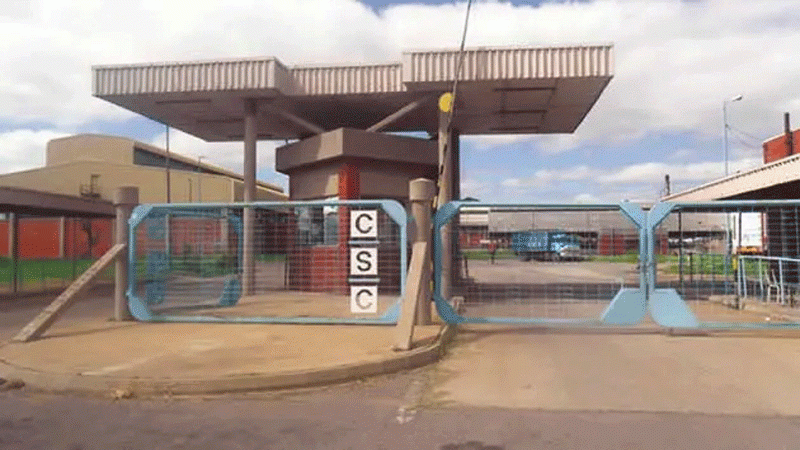
Mutapa Investment Fund (MIF), the sovereign fund established by government over a year ago to help rebuild scores of its struggling firms, is to inject US$56,3 million into Cold Storage Company (CSC), after creditors approved a revival plan this week.
The plan said MIF will kick the ball rolling with a US$9 million investment this year, before making subsequent injections over three years into the firm, whose receivership since 2020 faced a string of hurdles.
It said MIF funding would be deployed to settle debts, upgrade infrastructure, restock cattle ranches, and revive operations.
Corporate rescue practitioner, Crispen Mwete projected CSC will come out of receivership this August.
This week’s announcement came after government last year moved to terminate a joint venture (JV) deal with British investor Boustead Beef.
The JV collapsed after the government accused the British outfit of failing to honour terms of the deal, before the British investors returned to haunt the operation demanding compensation.
CSC’s revival plan showed MIF, which presides over 65 other State firms, will be at the centre of the former meat exporter’s recovery.
“Cold Storage Company Limited was placed under corporate rescue in December 2020 after an investor, Boustead Beef (Private) Limited, who had signed the Livestock Joint Farming Concession Agreement with the Government of Zimbabwe, failed to inject the required US$130 million as stipulated in the agreement,” the document said.
- Let the music play at JamAfro Festival
- British investor makes new claim over CSC . . . Boustead says it took over full control of the beef processor in 2019
- British investor makes new claim over CSC . . . Boustead says it took over full control of the beef processor in 2019
- CSC takeover deal hits fresh turbulence
Keep Reading
“The shareholder, Mutapa Investment Fund, will invest a total of US$56,3 million over the next three years to settle the company’s debts, revitalise the infrastructure, restock cattle ranches and resume viable operations.”
The document said the CSC’s return to operations faced hurdles largely arising from claims by Boustead Beef, investors and other creditors who were pushing to recover funds.
“The corporate rescue proceedings faced numerous legal challenges mainly from Boustead Beef, who caused the removal of two successive corporate rescue practitioners thereby stalling and delaying the proceedings.
“The main stumbling block to the business rescue of the company was the agreement between Boustead Beef and the Government of Zimbabwe, which the two parties deemed to be extant despite CSC having been placed under corporate rescue due to the failure of the joint venture.”
Sources close to the revival plan said a number of investors had written to authorities requesting compensation for funds invested into CSC.
Relating to the plan adopted by creditors this week, MIF will this year avail over US$9 million to pay CSC debts.
This will pave way for MIF to start operationalising CSC. The initial investment by MIF will also bolster CSC’s financial footing.
“MIF will initially inject US$9,3 million in 2025 which will be allocated towards the full settlement of the creditors of the company as well as repairing the CSC Bulawayo abattoir,” the plan said.
“CSC will access climate-related funding through piloting a carbon credits development programme. Already a US$50 million facility has been secured for the programme, which when implemented will transform CSC into a modern and smart environmentally-friendly meat processor which will be powered by clean renewable energy.”
The revival plan said workers and various local authorities cumulatively owed US$3 million, while MIF will pay foreign creditors US$1,5 million over the next 90 days.
The plan envisages that CSC will emerge from receivership in August, after which MIF’s investment capital will be utilised to purchase cattle, repair abattoirs, rehabilitate farms and feedlots, among other investment priorities.
The plan said the decline of CSC started in 2000, during which period Zimbabwe’s late strongman Robert Mugabe rolled out a chaotic land redistribution programme that decimated Zimbabwe’s agriculture sector.
“Between 2009 and 2018, CSC accumulated losses after tax of US$72 million. The decline of the CSC had in fact started before 2000, worsening around 2015,” excerpts from the plan further showed.
“This resulted in the scheme of arrangement with creditors amounting to US$33,1 million in 2017.”
When efforts to clear the debt failed to yield desired results, the government was prompted to engage Boustead Beef.









